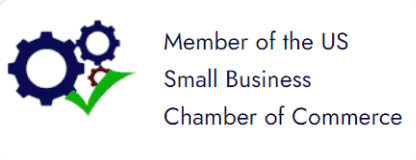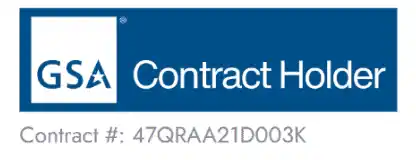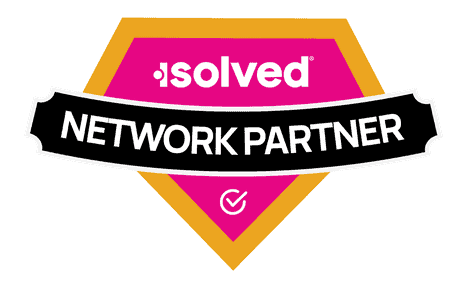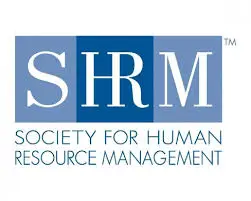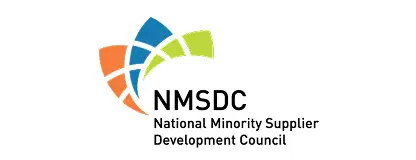How to minimize taxes on 401(k)’s
Learning how to minimize taxes on 401(k) is an important part of retirement planning. If seniors aren’t careful, they can push themselves into higher tax brackets and end up owing Uncle Sam more money than was really necessary.
There’s no way to dodge the tax collector completely. But the amount paid can be managed by keeping a close eye on how much taxable income is withdrawn in a given year. Here are some ideas for how to minimize taxes on 401(k) accounts:
Convert your 401(k) into a ROTH IRA Or ROTH 401(k)
There is an option to rollover 401(k)s into a ROTH account. The reason to consider this is that having funds in a ROTH account allows you to withdraw funds tax-free.
Doing this offers control over how much of the retirement income being pulled out in a given year is considered ‘taxable’. That is to say that if $25,000 was pulled from a 401(k) and $25,000 was pulled from a ROTH account, technically speaking only $25,000 would be considered taxable income in that calendar year.
Considering that you may be drawing income from multiple sources, having funds in a ROTH account will allow you to fund your retirement in a way that optimizes the tax bracket you land in. Want to drop down to a lower tax bracket? Withdraw less from a taxable account and more from a non-taxable account.
Interested to learn a little about Individual Retirement Accounts (IRA)? Here are five reasons to contribute to an IRA today.
This strategy of rolling over accounts makes more sense the earlier you do it. When the rollover takes place, you’ll need to report this on your income taxes. You’ll pay tax on those converted funds in that year’s tax return. This makes less sense to do in your 60’s because you’ll be retiring soon (and paying those taxes soon) anyways. However if you’ve got decades left before you retire, you could take the tax hit now to give yourself more flexibility in retirement.
Avoid early withdrawal penalties
Though not strictly a tax-savings strategy, it will keep more money in your pocket. Typically funds withdrawn before age 59 ½ are immediately hit with a 10% penalty in addition to income tax. The exception for 401(k) accounts is if you leave the job associated with that 401(k) at age 55 or later.
Should you leave the workforce at age 55, the associated 401(k) funds can be withdrawn to help fund an early retirement. There are a few other exceptions – make 100% sure you qualify before you pull the funds.
Keep working
401(k)’s have a ‘required minimum distribution’ of funds in the account. This begins in the year the account holder turns 70 ½. The loophole is that – if you’re still working – the RMDs don’t apply to the 401(k) with your current employer. Obviously funds that aren’t pulled in a year aren’t taxed in a year.
Interested to learn a little about the benefits of a 401(k) account? Go to The Benefits of 401(k) article to learn about 4 different types 401(k) accounts. Furthermore, Fidelity breaks down 401(k) for Small Businesses perfectly.
This exemption applies only to those who hold less than a 5% stake in the company. Or put another way, those who own 5% or more of the company can’t take advantage.
Remember, this applies only to 401(k)’s with your current employer. Usually you can rollover a 401(k) from a previous employer into your current account, but it must be done before the year you turn age 70 ½ for this to qualify.
Capital gains taxes
If your taxable income is $96,750 or less, your long term capital gains rate is 0%. This is another example of the benefit of having some flexibility of what income is considered taxable in the year. It requires you to determine what portion of your revenue streams are taxable. The balance (up to the $96,750) can be pulled from your 401(k) account.
To maintain the 0% tax rate on long term capital gains, any additional income must be tax free (pull from a ROTH account). “Long Term” means investments that are held for more than one year.
Worried about how the Coronavirus related recession might affect you? Bankrate has you covered. Read this in-depth article on how to protect your 401(k).
Tax loss harvesting
Tax Loss Harvesting is a strategy that involves selling under performing securities from your 401(k). The ‘losses’ will offset the tax burden from a 401(k) distribution (if this is done correctly). Talk to your financial advisor.
Donate to charity
For seniors over 70 ½, there is an opportunity to distribute funds directly from an IRA to a registered charity. Up to $100,000 per year. If this individual had intentions to leave money to their Church, they could do so in life and avoid paying income taxes on those funds.
Conclusion: Talk to your financial advisor
Probably goes without saying, but your situation is likely different from that of your neighbour. The you more sophisticate your plans, the more important it becomes to make those plans with the aid of a financial advisor. Not every strategy you hear of will be the best for you. In fact, some will be counter productive. A strong financial advisor can help “clear muddy waters” and make sure you’re making choices that will serve you best in the long term. Speak to your advisor about any strategy for how to minimize taxes on 401(k) plans.

